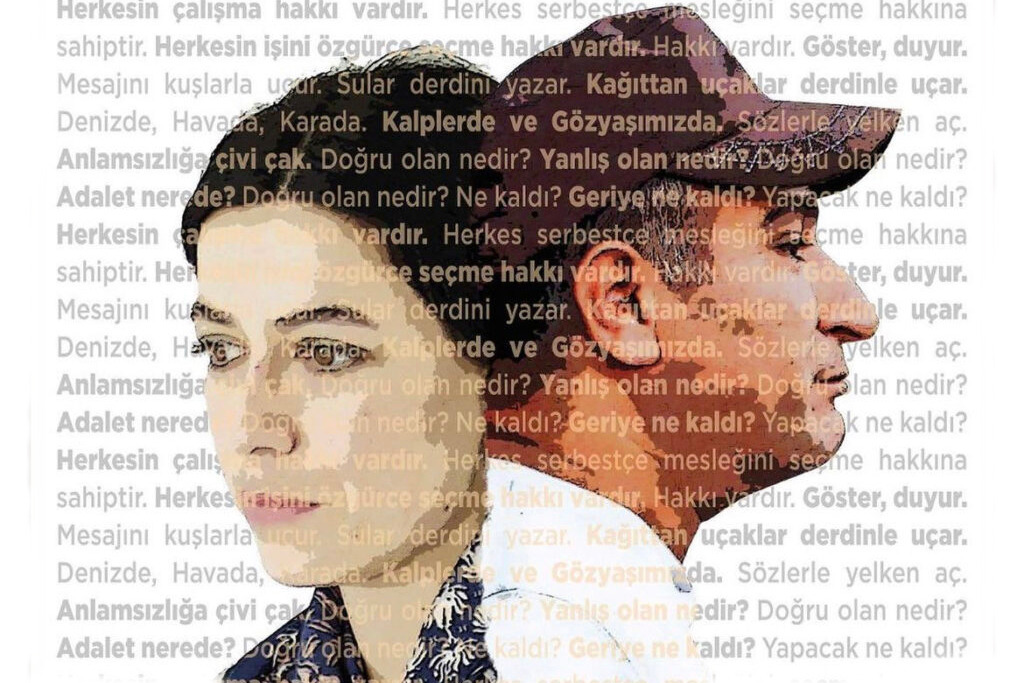The governor’s office in the southern Turkish province of Antalya has banned a documentary depicting the plight of victims of a post-coup purge in Turkey at a film festival in the city, in the latest example of censorship faced by the documentary’s director, the Gazete Duvar news website reported.
The documentary, titled “Kanun Hükmü” (The Decree), has faced censorship since it was released in 2023 for focusing on a sensitive issue in Turkish society — the challenges faced by more than 130,000 civil servants who were purged from their jobs through government decrees in the aftermath of a coup attempt in July 2016.
The civil servants were removed from their jobs under the pretext of an anti-coup fight.
The documentary would have been screened at the Free Orange Film Days, starting on October 3, in Antalya, organized by a group of writers, actors and other prominent figures named the “Arts for Freedom Initiative.”
However, the governor’s office notified director Necla Demirci in a letter that the documentary, which it described as “provocative,” cannot be shown during film days because it undermines national unity and solidarity and openly provokes a segment of the public to hatred and hostility against another segment based on their different characteristics in terms of social class, race, religion, sect or region.
According to the governor’s office, terrorist organizations aim to keep their bases alive through such productions as part of their perception management efforts in addition to bolstering the morale and motivation of their members and damaging the reputation of Turkey in the international arena.
Turkish authorities associate most purge victims with the faith-based Gülen movement.
The movement, inspired by US-based Turkish cleric Fethullah Gülen, is accused by the Turkish government of masterminding the 2016 coup attempt and labelled as a terrorist organization.
The group denies involvement in the abortive putsch and describes itself as a peaceful civil society organization focused on education, charity and interfaith dialogue.
Accusing the documentary of capitalizing on the “so-called victims,” the governor’s office also said the “distortion” of facts in the documentary not only destroys Turkey’s image but also shakes public confidence in the judicial system.
The documentary attracted international attention when it was first censored at the famous Golden Orange Film Festival in Antalya in 2023, leading to the cancellation of the festival.
In September 2023, the 60-year-old Antalya Golden Orange Film Festival in Antalya was abruptly canceled following a controversy surrounding a decision by the festival’s organizing committee to remove the documentary.
The decision to remove the documentary sparked outrage, drawing strong criticism from victims of the purge as well as activists.
The festival’s cancellation came after the Turkish Culture and Tourism Ministry withdrew its support, accusing the festival organizers of allowing “terrorist propaganda,” and sponsors followed suit.
This festival has only been canceled twice before, in 1979, when a conflict between right-wing and left-wing groups that killed over 5,000 people devastated Turkey, and in 1980, when the Turkish military took power and began to rule the country with an iron fist.
The documentary also faced other bans and censorship efforts in other cities by local authorities despite a decision by the Constitutional Court, which found that the local authorities’ ban on filming violated freedom of expression and awarded Demirci 13,500 Turkish lira in damages.

